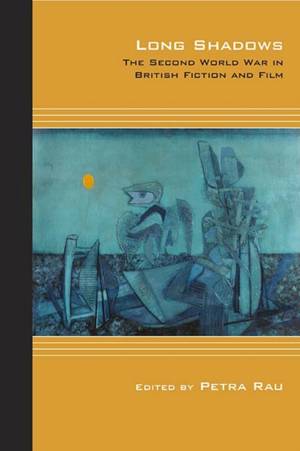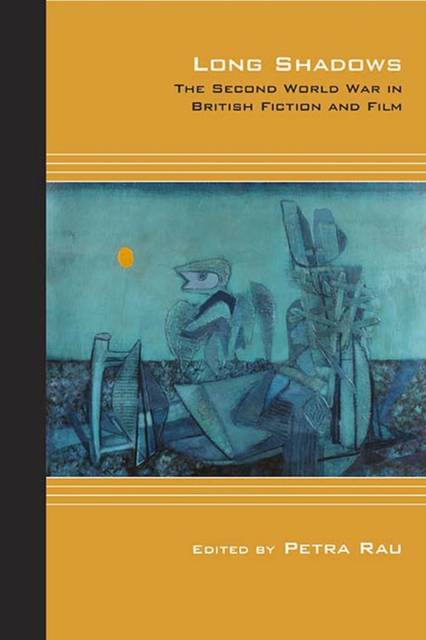
- Afhalen na 1 uur in een winkel met voorraad
- Gratis thuislevering in België vanaf € 30
- Ruim aanbod met 7 miljoen producten
- Afhalen na 1 uur in een winkel met voorraad
- Gratis thuislevering in België vanaf € 30
- Ruim aanbod met 7 miljoen producten
Zoeken
Long Shadows
The Second World War in British Fiction and Film
€ 53,45
+ 106 punten
Omschrijving
Few countries attribute as much importance to the Second World War and its memory as Britain; arguably nowhere else has this conflict developed such longevity in cultural memory and retained such presence in contemporary culture. Long Shadows is about how literature and film have helped shape this process in Britain. More precisely, the essays collected here suggest that this is a continuous work in progress, subject to transgenerational revisions, political expediencies, commercial considerations, and the vicissitudes of popular taste. It would indeed be more accurate to speak of the meanings (plural) that the war has been given at various moments in British cultural life. These semantic variations and fluctuations in cultural import are rooted in the specificity of the British war experience, in the political aftermath of the war in Europe, and in its significance for Britain's postwar position on the global stage. In other words, the books and films discussed in these essays respond to how the war has been interpreted and remembered; what is at stake is the way in which the war has been emplotted as a hegemonic cultural narrative about Britain.
Specificaties
Betrokkenen
- Uitgeverij:
Inhoud
- Aantal bladzijden:
- 320
- Taal:
- Engels
- Reeks:
Eigenschappen
- Productcode (EAN):
- 9780810133280
- Verschijningsdatum:
- 31/05/2016
- Uitvoering:
- Paperback
- Formaat:
- Trade paperback (VS)
- Afmetingen:
- 152 mm x 226 mm
- Gewicht:
- 430 g

Alleen bij Standaard Boekhandel
+ 106 punten op je klantenkaart van Standaard Boekhandel
Beoordelingen
We publiceren alleen reviews die voldoen aan de voorwaarden voor reviews. Bekijk onze voorwaarden voor reviews.










